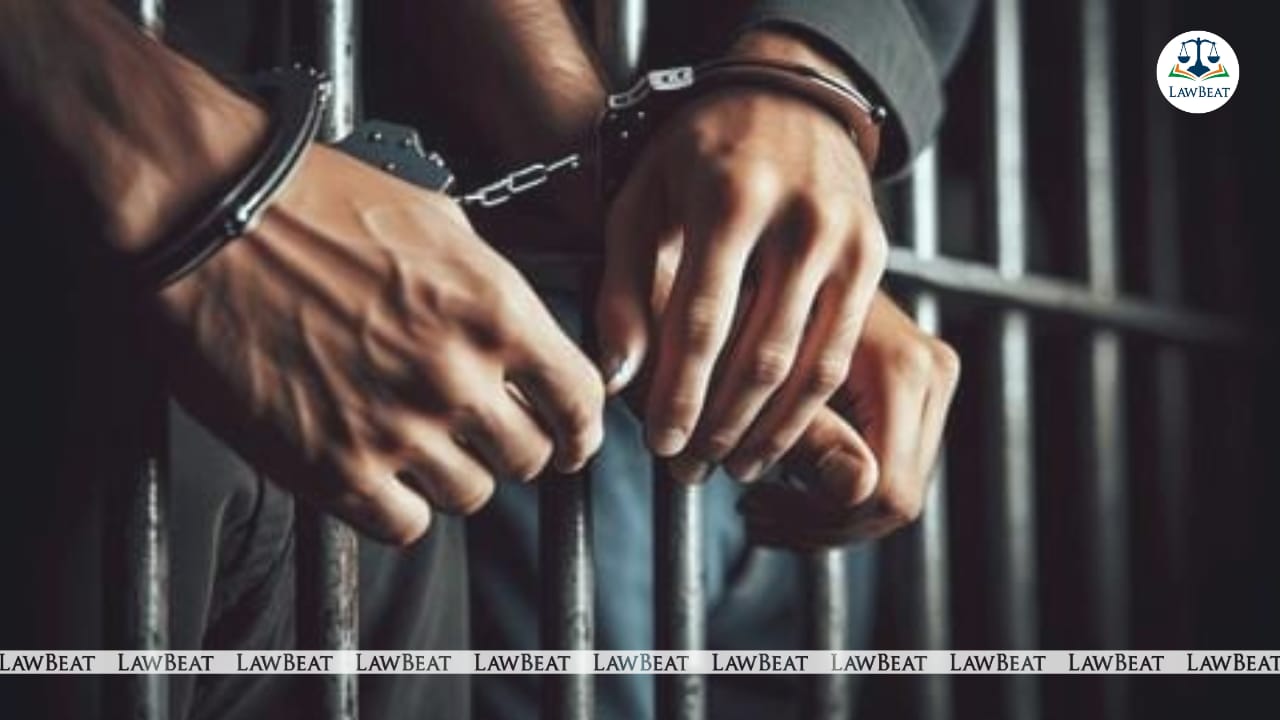"Prisoners Are Not Slaves": Madras HC Directs State to Prevent Use of Prisoners For Domestic Chores By Prison Staff

Justice S.M. Subramaniam, author of the judgment, began by quoting Mahatma Gandhi: "All criminals should be treated as patients and the jails should be hospitals..."
The Madras High Court recently condemned the treatment of prisoners as forced laborers and directed the Tamil Nadu government to take strict action against prison officials who exploit prisoners for domestic tasks.
In its judgment on October 29, 2024, the division bench of Justices S.M. Subramaniam and V. Sivagnanam, emphasized that prisoners retain their basic human rights and must not be treated as subordinates for household work.
"...prisoners are neither slaves nor are they to be tortured in such inhuman ways to punish them for their crimes...The convicts ought to be punished only in the manner known to law. Instead torturing them will not mitigate but propagate crimes. Subjecting prisoners to cruelty will propagate further commission of crimes by them," the judgment read.
The observations were made in a writ petition filed by one S. Kalavathi, whose son, Sivakumar, a convict at Vellore Central Prison, had reportedly been subjected to abusive treatment, solitary confinement, and forced labor at the residence of a high-ranking prison official. During the proceedings, Sivakumar had been transferred to Central Prison, Salem, pursuant to the orders of the court.
The case brought disturbing facts to light regarding the violation of prisoner rights. Sivakumar alleged he was beaten, isolated for extended periods, and forced to perform household tasks for Deputy Inspector General (DIG) of Prisons of the Central Prison, Vellore, Smt Rajalakshmi, at her official residence. Following these claims, the court ordered the Chief Judicial Magistrate of Vellore to investigate, and his findings supported the allegations. The report revealed that several convicts had been employed at the DIG’s residence for various domestic chores, an act that the court denounced as a severe misuse of authority.
During the investigation, it was found that Sivakumar and other prisoners had been engaged in tasks like cleaning, cooking, and laundry at the DIG’s residence, an act that is strictly prohibited.
The court was also troubled by the DIG’s attempts to recover alleged stolen goods by repeatedly shifting Sivakumar between high-security cells and solitary confinement, and by allegedly instructing staff to inflict physical punishment on him.
Justice Subramaniam, who authored the judgment, called this treatment "antithesis to justice", emphasizing that prisoners, though deprived of liberty, are not devoid of dignity and humanity. He underscored that penal institutions are places for rehabilitation, not exploitation.
Justice Subramaniam emphasized that prisoners' exploitation “cannot be subjected to normal view, but serious actions are highly warranted,” warning that prison authorities “are solely accountable and responsible for the happenings inside the prison” and must protect the rights and dignity of inmates.
He also expressed concerns over the unchecked power held by prison officials, noting, “Abuse of power when having control over powerless prisoners will create havoc and undermine the ethos of the criminal justice system.” This authority, the court clarified, is intended to be exercised “with care and caution” and not as a means for personal gain.
Court directed the state’s Director General of Prisons to "initiate all appropriate actions" to ensure that convicts are not employed unlawfully and ordered disciplinary action against the involved prison officials. Furthermore, the court directed frequent surprise inspections at prisons to prevent future abuse.
Notably, pursuant to the interim directions issued by the court on earlier dates, a criminal case had been registered by the Superintendent of Police, CBCID, and departmental actions were initiated at the instance of the Director General of Prisons against the accused officials. Court ordered that "action initiated must be proceeded with and all the offenders are to be tried in the manner known to law".
With the above directions, court disposed of the petition.
Case Title: S.Kalavathi vs. State and Others
